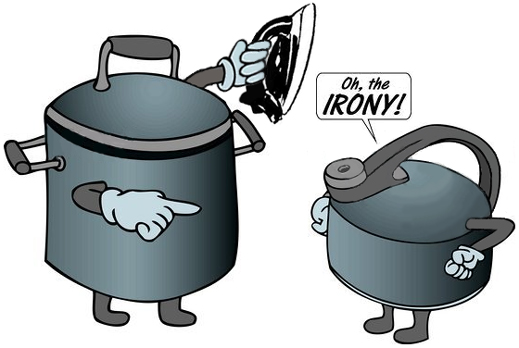
By John Helmer, Moscow
There are two ironies in Sergei Frank’s latest outing in the London courts on November 4. One is that Frank, chief executive of Sovcomflot, is not lodging an appeal against rulings last December and March by High Court Justice Andrew Smith, judging Frank himself to have been dishonest. Nor is he claiming that most of the rulings, which have vindicated the three men he has targeted for almost six years– tanker charterer Yury Nikitin, and former chief executives Dmitry Skarga and Tagir Izmaylov – are faulty.
Rather, Frank is asking the Court of Appeal to overrule High Court Justice Smith on the point that Russian law should not apply to what happened between Skarga, Nikitin and Sovcomflot in Russia, when Skarga ran the company between 2001 and 2004. In Smith’s rulings, the court judged that Russian law applied to Sovcomflot’s claims, as well as to the evidence presented; therefore, under that law, credit-card paid holidays Nikitin provided to Skarga did not make dishonesty, much less an offence of bribery, according to the High Court.
Frank’s contention is that English law – according to which Frank and his associates have been found to have paid bribes to procure false evidence against Skarga in the court case – should apply on one last point alleged against Skarga – credit-card and other contributions by Nikitin to Skarga. Asked by Justice Sir Andrew Longmore to calculate the amount of money at stake in this appeal count, Sovcomflot’s advocate Michael Brindle said it was $288,000. That is a minuscule fraction of 1% of the several hundred million dollars in claims Sovcomflot initially claimed, and have had dismissed.
At the start of the four-hour hearing, Justice Sir Bernard Rix warned Brindle: “you have to get into English law for you to establish [this claim]…you accept that?” Brindle conceded. “Yes, and we also accept that if Russian law applies, that is at least at this stage after the trial and in this court the end of the matter, because the judge has found under Russian law that it is necessary to show loss and damage.” Brindle told the court: “the judge [Smith of the High Court] has paid far too much attention to the fact that the certain events took place in Russia.”
“LORD JUSTICE LONGMORE: But so what? Nobody is suggesting that BVI or Cyprus or Liberian law should govern.
“MR BRINDLE: No, my Lord, the learned judge has found that Russian law applies. We say it is a very strange thing to decide that Russian law applies if the parties, had they been asked, would say; the last thing we want is that our dealings — not contracts, of course we are not dealing with contracts here — are to be judged according to Russian law. That is the very law we have seeking to avoid.
“LORD JUSTICE LONGMORE: If you choose lots of different laws, you might end up back with Russian law, mightn’t you, just on the basis that there is nothing else?”
Sovcomflot’s house lawyer Vladimir Mednikov has announced: “We welcome the decision of the Court of Appeal to grant us leave to appeal significant parts of the original Judgement.”
Lawyers for the defendants in the case noted that Thursday’s judgement was highly restrictive of the issues left in the case. One told Fairplay: “Because the ruling is only whether [Sovcomflot] should have permission to appeal, this does not really tell you about the likely success of any appeal. The appeal has been estimated for about four days, from which you can see that the entire evidence in the case will not be reviewed. We remain confident that, in the end, the decision of the judge who heard evidence over six months and spent even longer writing a careful and detailed judgment, will be upheld.”
The lawyers for the sides have agreed that once the Court of Appeal rules, Nikitin will resume his claim against Sovcomflot for financial damages, bank interest, and costs totalling $180 million; these have accumulated as a result of the Sovcomflot freeze order over Nikitin’s assets for the duration of the High Court proceeding.











Leave a Reply